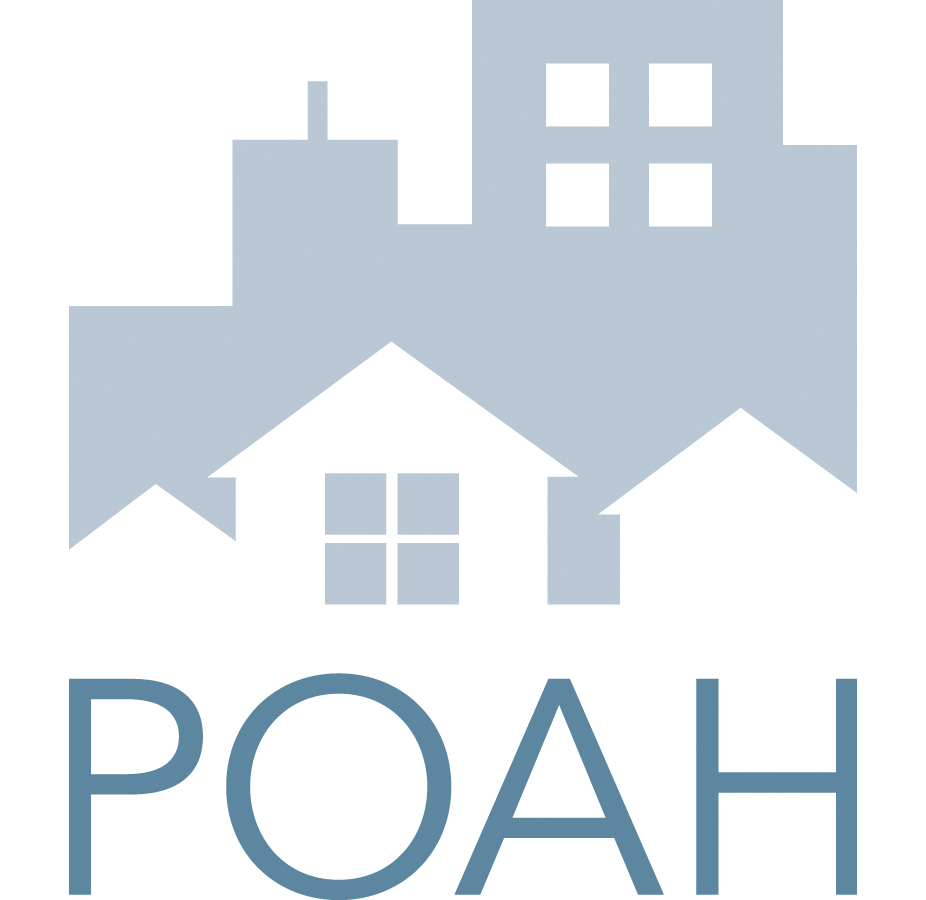Vince O'Donnell testified in support of H.3925, An Act Financing the Production and Preservation of Housing for Low and Moderate Income Residents. Below is the text of his testimony.
Chairman Cabral, Members of the Committee, thank you for the opportunity to testify today in support of the housing programs funded through the Housing Bond Bill.
My name is Vince O’Donnell. I am Senior Advisor to Preservation of Affordable Housing (POAH), a national housing nonprofit based in Boston. Our mission is to preserve affordable housing which is at risk of losing its affordability - either by conversion to market-rate apartments, or by neglect and deterioration. In addition to our primary preservation work, we have completed a number of new-construction affordable housing communities in Massachusetts. Since its founding in 2001, POAH has renovated or built about 9,000 affordable apartments at 75 properties in nine states and the District of Columbia. About 3,000 of those homes are in Massachusetts, across 19 cities and towns from Orleans to Pittsfield.
We strongly support H.3925, the housing bond bill reported favorably by the Joint Committee on Housing, because it provides essential resources to address the dire shortage of affordable housing in our state. According to the National Low Income Housing Coalition, Massachusetts has a shortage of 158,769 housing units affordable to extremely low income households (those who earn less than 30% of Area Median Income). Clearly, many new units are needed, but we believe a key first step is to preserve the affordable housing we already have. Preservation is cost-effective; it is environmentally responsible; it supports local jobs; and it promotes investment in existing communities.
The housing programs in the Bond Bill make POAH’s preservation work possible – bridging the gap between the funds we can raise in the private market, and the cost to buy and renovate or rebuild a property. For most preservation projects, we can combine these key “gap financing” resources with conventional financing and equity from the less competitive federal 4% housing tax credit to preserve units without relying on the very scarce “9%” credit, allowing the state to save those precious resources for more expensive new-construction or redevelopment projects.
Altogether, POAH has leveraged the financing programs funded in the Housing Bond Bill – including the Affordable Housing Trust, the Housing Stabilization Fund, the Capital Improvement & Preservation Fund, the Community Based Housing program, and the Massachusetts Low Income Housing Tax Credit – to preserve thirteen properties totaling more than 1,500 affordable housing units. Thanks to the Bond Bill housing programs, these units remain available to low-income families and seniors in 19 Massachusetts towns, from Salem to New Bedford, from Pittsfield to Boston to Brewster.
One of the things that makes the housing bond bill an effective response to the state’s complex housing crisis is that each of these programs targets a specific set of needs and issues. To cite just one example, CIPF – the Capital Improvement and Preservation Fund – is focused primarily on preservation transactions. POAH has been able to rely on that targeted resource to save a total of 832 at-risk affordable units to date in Salem, New Bedford, Springfield and Hyannis – preserving, renovating, and extending the life of these affordable homes for more than 1,500 people. As an illustration: Temple Landing, was a troubled, gang-infested project on a “superblock” site in New Bedford – with the help of CIPF and the state housing tax credit, POAH completely revitalized the site and reconnected it to the surrounding neighborhood – and removed a blight, enabling that neighborhood to flourish. We strongly support the authorization for $125M for CIPF in H.3925, in light of the pressing need to preserve the state’s existing stock of at-risk affordable housing in the coming years. We also support the bill’s clarification that properties remain eligible for CIPF even if a purchaser has acted to renew or extend affordability already – mission-oriented purchasers like POAH often choose to extend affordability during an interim period before resources can be secured for full renovations, and retaining eligibility for CIPF in such cases is critical.
Another key provision in H.3925 is the renewal and expansion of the Massachusetts Low Income Housing Tax Credit (MA LIHTC). We strongly support the MA LIHTC’s expansion because it’s a critical resource to preserve and build homes affordable to low- and moderate-income households. The state’s affordable housing shortage hurts us in a broad range of ways. The affordable housing shortage means Massachusetts families falling into homelessness; it means lower quality of life for low-income seniors; it means housing instability and constrained life prospects for poor children; it means a shrinking pool of entry-wage workers for employers; and so on. As the outlook for federal spending on affordable housing darkens, we have to invest in solutions to a housing crisis that affects all of us – which is why it’s so important to increase the MA LIHTC resource to $25 million annually, rather than allowing it to fall back to $10 million.
In sum – POAH strongly supports authorizing the bond-funded housing programs at the levels proposed in H.3925, as well as increasing the MA LIHTC’s annual authority as proposed in H.3925. Thank you once again for the opportunity to submit this testimony.
Photo courtesy Citizens' Housing and Planning Association (CHAPA)

